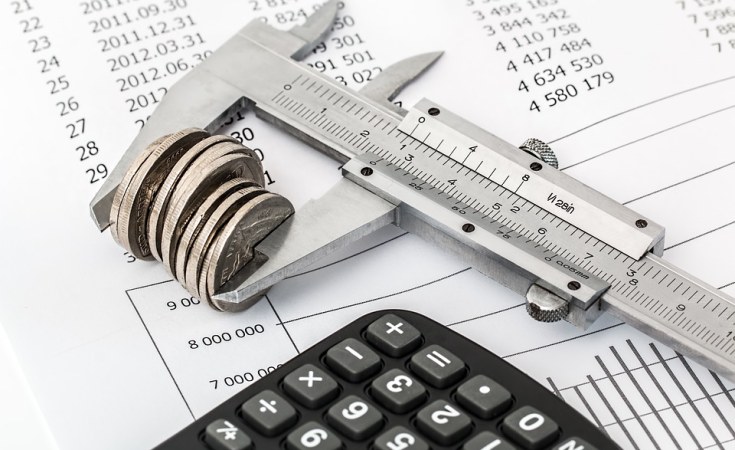The lawmakers also suggested ways to improve revenue generation and garner more money to fund the budget.
The Senate has begun deliberations on the 2023 budget proposals presented by President Muhammadu Buhari last Friday.
Many lawmakers who contributed to the debate during plenary on Wednesday complained about the rising recurrent expenditure and the consistent borrowing to fund annual budgets.
The lawmakers also suggested ways to improve revenue generation and garner more money to fund the budget.
The total expenditure for the 2023 fiscal year is put at N20.5 trillion with Non-Debt Recurrent Costs of N8.27 trillion, Capital Expenditure of N5.35 trillion and N2.42 trillion spending by Government-Owned Enterprises.
Statutory transfers - where the National Assembly budget falls - are put at N744.11 billion, Personnel Costs of N4.99 trillion, Pensions, Gratuities and Retirees' Benefits of N854.8 billion and Overhead cost of N1.11 trillion.
The debt service for the coming year was pegged at N6.31 trillion, and the sinking fund at N247.73 billion - to retire certain maturing bonds.
During the debate, lawmakers took turns to question the parameters of the budget and proffer solutions alike.
Borno senator Ali Ndume lamented how the recurrent expenditure for annual budgets has been on the rise with 2023 put at N8.2 trillion - the highest.
He said the nation needs to concentrate on the capital side.
He noted that the recurrent expenditure in the 2023 budget proposal is about 43% of the entire budget - a case that should not be accepted.
"We cannot continue to borrow money to fund 1% of the population," he said. "We need to launch an investigation into why the recurrent expenditure is going up instead of coming down - especially at a time when technology is the thing."
Similarly, Betty Apiafi (PDP, Rivers) said the Treasury Single Account (TSA) is known to be fraudulent and should be investigated. She said there have been reports of leakages from the TSA which should be checked.
The TSA needs to be reviewed. We need to cut and shut down all forms of leakages. We need to cut costs and improve revenue, she said.
For Smart Adeyemi (APC, Kogi West), wealthy Nigerians with dormant funds in their bank accounts, should lend them to the country.
Mr Adeyemi portrayed all sense of seriousness when he said some banks have money - foreign currencies - of some Nigerians that are idle in the accounts.
"The security should find them... and ask them for it. They are there in the banks. Fixed deposits. We need to ask them for the money... "
He also stressed the need for the country to diversify. The lawmaker warned against importing iron and steel when Nigeria has an incomplete steel complex that could bring income.
He also said rather than import crude oil, the government should get dormant refineries working.
Senators Abba Moro (PDP, Benue) and Ibikunle Amosun (APC, Ogun) talked about an increase in the allocation for education and the need to invest more in infrastructure respectively.
On his part, the Senate President, Ahmad Lawan, agreed that the government needs to reduce the deficit, block leakages and think of ways to save. He also advised the government to reduce incidents of abandoned projects.
Mr Lawan also urged committees to properly scrutinise the Ministries, Departments and Agencies (MDAs) during budget defence sessions and find out how the 2022 budget allocations were implemented.
He also urged MDAs to honour invitations and appear before the panels with relevant documents that will help the committees make informed decisions.
After the appropriations bill was read for the second time and passed, the lawmakers adjourned the plenary till 15 November to allow committees to carry out the budget defence sessions.


